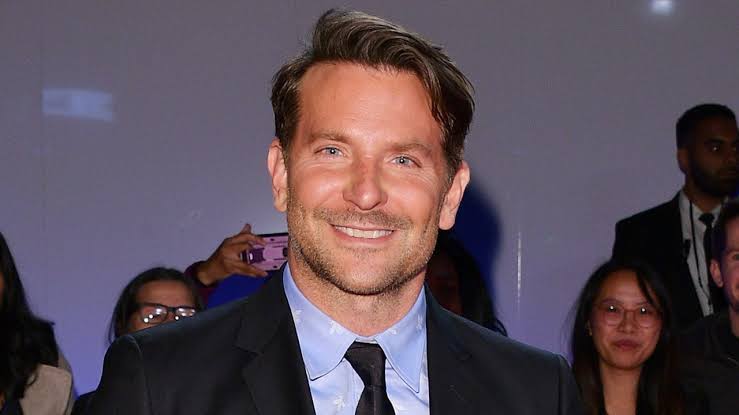Open Letter to Bradley Cooper: A Plea for Greater Representation of Mental Health on Screen
Dear Bradley Cooper,
As a fan of your work and an advocate for mental health awareness, I am writing to express my admiration for your efforts in bringing complex, emotionally-charged characters to life on the big screen. From your transformative performance in Silver Linings Playbook to your directorial debut in A Star is Born, you have shown the world that you are not only a talented actor but also an artist deeply invested in telling stories that challenge and touch the hearts of millions.
However, I write today not only to celebrate your accomplishments but also to make a heartfelt plea for further reflection and action when it comes to the portrayal of mental health on screen. As you are well aware, media has the incredible power to shape our understanding of the world, and this includes how we perceive mental health and those who struggle with it. Over the years, there has been tremendous progress in bringing these issues to the forefront of entertainment, but the stigma surrounding mental illness is still far too prevalent, and the portrayal of these struggles often lacks depth, nuance, and accuracy.
In Silver Linings Playbook, you played a character battling bipolar disorder in a way that both captivated and educated audiences. Pat Solitano was a flawed yet relatable individual, and his journey was not only one of romance but also of self-acceptance and recovery. That portrayal opened doors to meaningful conversations about mental health. But the work is far from over.
Today, mental health issues affect millions of people worldwide, and the way they are portrayed on screen can have a powerful impact on societal attitudes. While your performances have been a source of comfort for many, there is an opportunity—and perhaps a responsibility—to continue challenging traditional narratives. The portrayal of mental health on film often revolves around extremes or simplifications, and more accurate and varied representations are necessary to foster understanding and empathy. We need stories that reflect the lived experiences of individuals who face mental health challenges on a daily basis, without reducing them to their conditions or making them “tragic” figures.
As someone with a platform and a proven track record of creating meaningful work, you are uniquely positioned to lead the way in this movement. I urge you to continue using your voice and talent to tell more authentic, varied stories about mental health. Collaborate with those who have lived experience, engage with mental health professionals, and push for deeper, more inclusive narratives. There is a hunger for more complexity in the portrayal of mental health on screen, and I believe you can be a catalyst for that change.
Thank you for your dedication to storytelling and for the countless hours of entertainment you have gifted to the world. I am excited to see where you go next, and I hope that the stories you choose to tell will continue to break boundaries, inspire others, and change the conversation surrounding mental health for the better.

